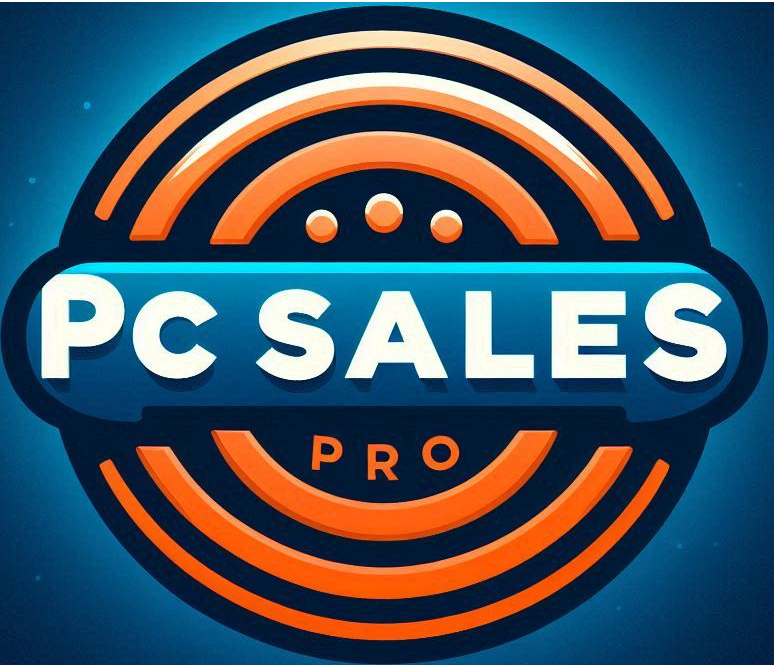There are many desktop and laptop PCs you can purchase for work-at-home and small businesses. Companies such as Hewlett Packard, Dell, Apple, Acer, and Lenovo manufacture excellent equipment suited for these environments. When outfitting your place of work with new computers, you should first ask the following questions:
1. What desktop and laptop computers most suit the company needs? Will the equipment be used to upgrade older platforms, or is there a need for more computers because business/projects are increasing?
2. How many PCs will be required?
3. What type of budget restraints exist?
Many companies offer their equipment through direct sales, or through sites such as Amazon, Best Buys, or FlexShopper – these are but few examples. If you are looking for something that best satisfies your needs and your budget, start your research with the following thoughts in mind:
Ø Computers purchased for small business should be different from equipment bought for personal use. Desktop and Laptop PCs need to be high-performance to run a host of everyday tasks, like emailing clients, business apps, bookkeeping and project management.
Ø AI accelerated streaming along with professional and creation applications (such as real-time language translation), document automation, and creative production require strong battery capability if laptops are going to be purchased. A constant power plug-in might not always be available where people are working.
Ø Boosting productivity and creating Generative-AI content, video editing, creating digital images, and multitasking takes a system that is configured with larger amounts of Memory, Storage, and faster Processor Speeds.
Ø Performing advanced multitasking across applications, running intensive programs and applications with built-in AI like Microsoft Windows Studio Effects also requires larger amounts of Memory, Storage, and a faster Processor.
When acquiring Desktop and Laptop PCs for an office or work-at-home environment, capable computer platforms are a must have. The following components should be understood when making the purchase of a laptop or desktop computer: 1) Processor speed 2) Amount of Random Access Memory, 3) Storage capacity.
1) Systems should have fast Processors to run a multitude of applications. The processor, or chip, is your computer’s engine. The speed at which your system runs programs, loads pages, and downloads files depends in part on the processor. Most platforms suggested by this website have Intel® Core™ processors from a 5, 7, or 9 series. The higher the series number, the better your machine’s performance.
2) Random-access memory, or RAM, is an essential component in everything from desktop and laptop computers to smartphones. RAM is a high-speed, short-term storage solution that gives applications, and the operating system itself, quick access to essential information. That saves time retrieving data from much slower storage, like hard drives. Even the best Solid-State Drives (SSDs) are slower than RAM. A minimum of 8GB of Random Access Memory (RAM) is necessary but 16 GB or higher is preferred.
3) Storage Capacity refers to the Hard Drive on your platform. The Hard Drive stores the files and any other information for the operating system which allows a computer to operate. It also contains all applications along with files that are accessed and run on the system. The faster the drive along with the amount of storage space defines how the system and the user can perform his or her tasks effectively and efficiently. Solid State Drives are highly preferred. A solid-state hard drive with 250 GB up to 1 TB should be considered, and a secondary SATA hard drive (which will run slower) for a desktop computer may be needed to store a large number of files and data .
